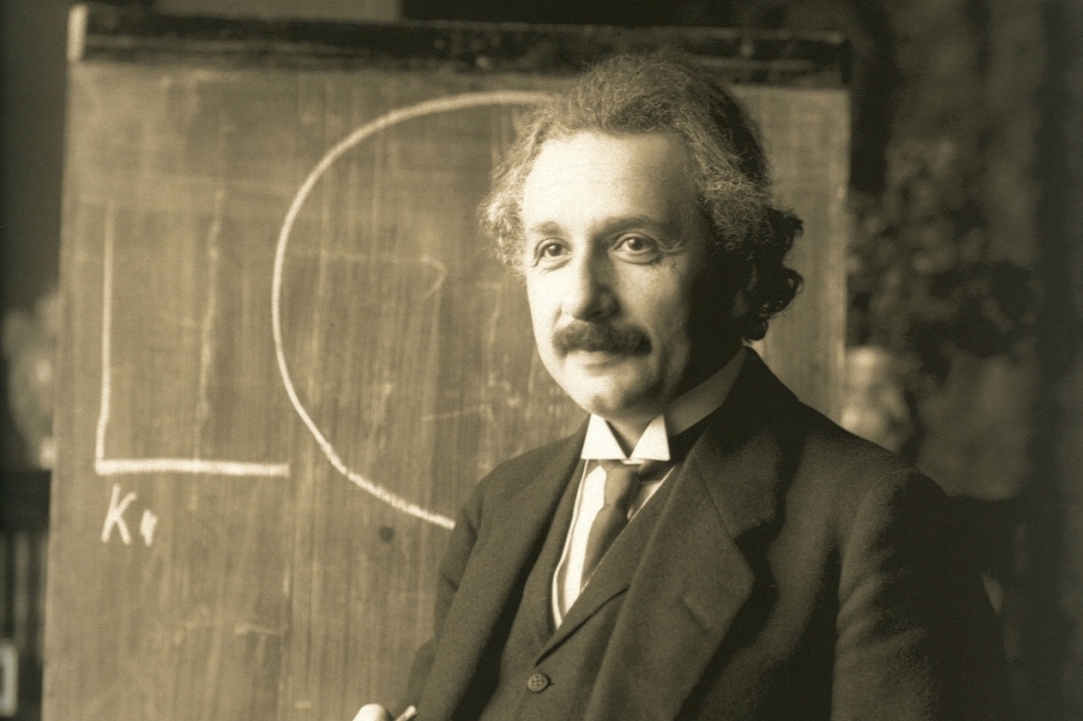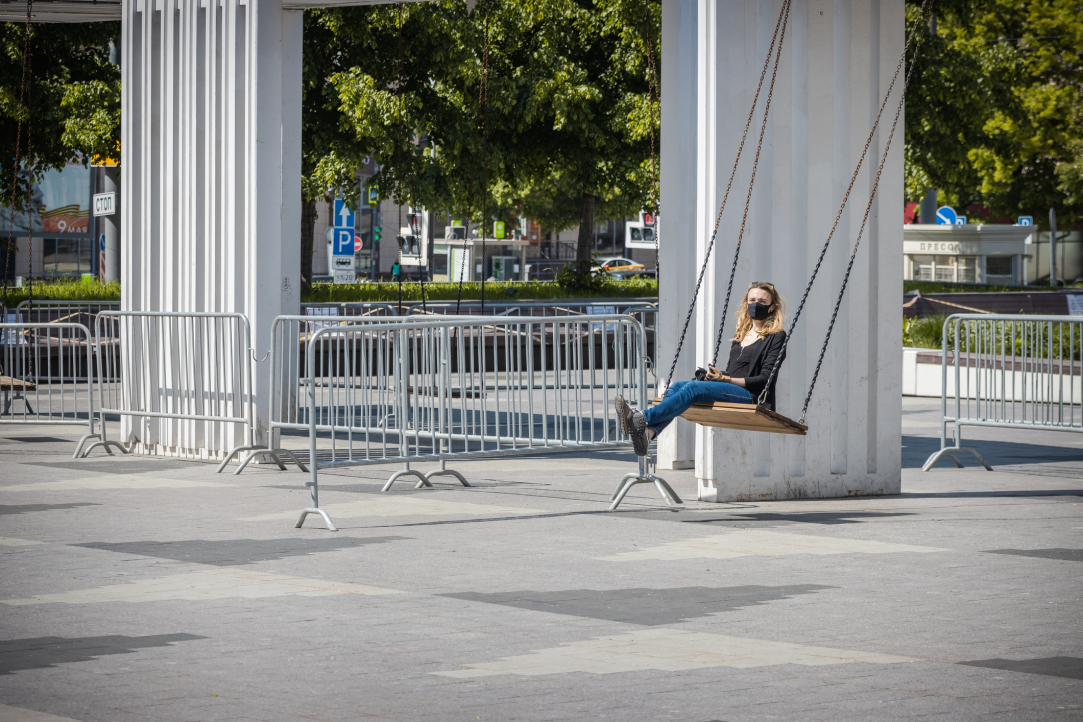As the situation with COVID-19 has shown, mistakes associated with insufficiently developed policy measures in medicine, science, education and other socially significant sectors of the economy are very costly for society. In the July issue of Nature, Leonid Gokhberg, First Vice Rector of HSE University and ISSEK Director, discussed the topic of the growing practice of making management decisions based on big data analysis.




















